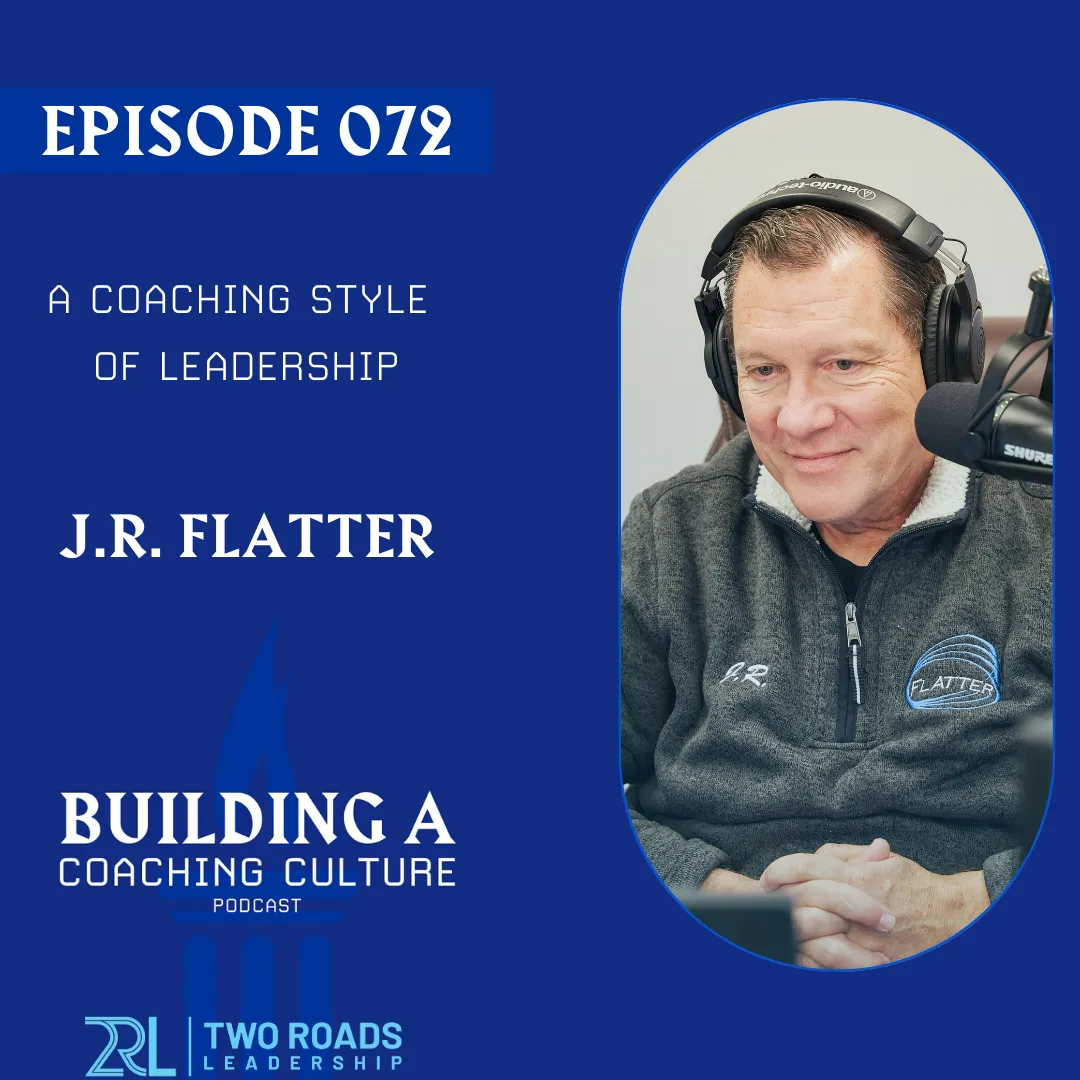What does it mean to have a "Coaching Style" of Leadership?
And what are the benefits of leading this way?
In this episode, we explore the transformative power of coaching as a leadership style that empowers individuals, enhances team dynamics, and drives organizational success. With J.R and Lucas, both seasoned leadership experts, as your guides, you'll gain valuable insights and practical tips to elevate your leadership skills.
In this episode, you'll discover:
• How embracing ambiguity can fuel innovation and growth within your organization.
• How a coaching culture can make a positive impact on teams.
• The key attributes and practices of effective coaching leadership.
• How to not be the "answer person"
Join us on this enlightening episode as we delve into these topics, providing practical insights and actionable strategies to enhance your coaching style of leadership.
Building a Coaching Culture is presented by Two Roads Leadership
Produced, edited, and published by Make More Media
Episode Links
J.R. Flatter
Founder of Two Roads Leadership
Lucas Flatter
Resources
2RL 4 day Coach Certification Bootcamp
2RL ICF-Approved Coach Certifications and Trainings
Books:
The Five Dysfunctions of a Team: by Patrick Lencioni
https://www.amazon.com/Five-Dysfunctions-Team-Leadership-Fable/dp/0787960756
Transcript
Automatic Transcription - please excuse any errors

